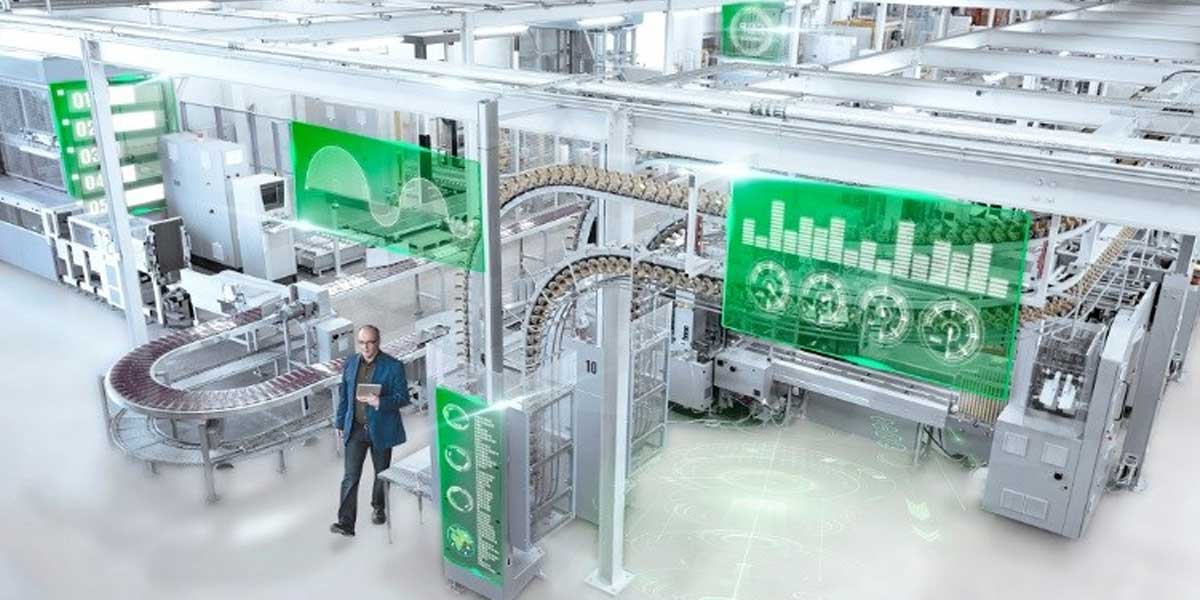
Here are some key roles of energy monitoring systems:
Measure and track energy consumption: Energy monitoring systems allow businesses to measure and track the energy consumption of production equipment and processes. This helps identify areas of high energy consumption and opportunities for energy savings.
Detect problems and energy waste: By analyzing data from monitoring systems, businesses can detect problems and energy waste early in the production process. This helps them make decisions and take corrective measures to reduce waste and optimize energy use.
Optimize manufacturing processes: Energy monitoring systems provide detailed information on the performance and energy consumption of manufacturing equipment and processes. Based on this information, businesses can optimize production processes to save energy and enhance performance.
Evaluate and track energy performance: Energy monitoring systems allow businesses to evaluate and track their energy performance over time. This helps them measure progress and ensure that energy saving measures are implemented properly and effectively.
Generate reports and analyze data: Energy monitoring systems provide tools to generate reports and analyze data on energy consumption and performance. This information helps businesses better understand their energy consumption patterns and devise specific strategies for energy improvement.
Compliance with energy regulations and standards: Energy monitoring systems help businesses comply with energy regulations and standards applicable in their country or industry. This not only helps them avoid legal penalties but also creates opportunities to receive incentives or certifications for environmental protection.

Through the above analysis, we see that the energy monitoring system plays an important role in managing and optimizing energy use in green production, helping businesses save costs and reduce emissions. and ensure compliance with energy regulations.